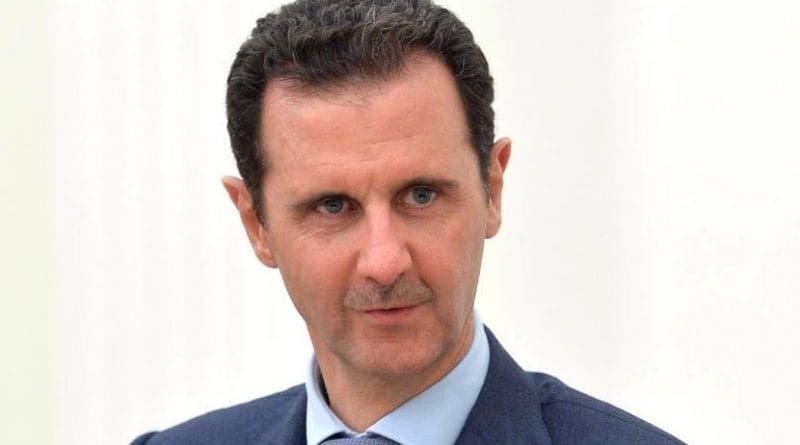Syria: Opposition Says Assad Won’t Honour Arab League Plan
By IWPR
By Zoe Holman
Bashar al-Assad has agreed to measures proposed by the Arab League to end eight months’ violence across the country.
The plan calls for an immediate cessation of violence and requires Damascus to withdraw its military forces from cities and residential areas, release all political prisoners and allow monitors from the Arab League, human rights groups and foreign media into country.
Government representatives have claimed they will enter into talks with the opposition within two weeks, but doubt remains about the regime’s willingness to adhere to the terms of the agreement.
Ausama Monajed, advisor to the president of the Syrian National Council, SNC, comments on the significance of the plan for the uprising.
IWPR: Why has Assad agreed to the plan?
Ausama Monajed: Firstly, it is important to remember that the regime has only agreed to this on paper. Secondly, the only reason this has happened is because Assad has realised that Russia and China will no longer protect him at the United Nations. The only thing saving the regime so far has been that Russia and China were prepared to block any resolution against Syria at the Security Council. But now it has become clear that the Arab League will use its leverage with Russia and China to persuade them to back their position and not use their veto power, and it is clear that neither Russia nor China would compromise their position with the Arab League, particularly Saudi Arabia, just to save Assad. So the Syrian regime knows that by agreeing to the plan it has a far better chance to save itself than if they bluntly refused the conditions.
IWPR: How likely is it that the regime will adhere to the agreement?
Ausama Monajed: The opposition does not believe for a moment that Assad is genuine and we are going to test this on the streets tomorrow and today. There will be continued protests of thousands on the streets and from the rooftops, but unfortunately, we do not expect the violence to stop. Even as we speak now, the Syrian army is shelling people in Homs and there are reports that at least five people have been killed. It says a lot about the regime’s reaction to the plan that even after agreeing, they directly launched a fresh, new military assault on the suburbs of Latakia. Assad is just buying time and I don’t believe he will adhere to even five per cent of the conditions, but we plan to expose the lies of the regime.
IWPR: What does this agreement mean for the survival of the regime?
Ausama Monajed: If the regime fulfils the terms of its agreement, if it withdraws tanks, stops killing and torture and frees political prisoners, the protests will be enormous – we will see millions on the streets across the country and this will mean the end of the regime. The secretariat of the SNC has formally requested that the Arab League send in monitors to Syria, and we are putting the same request to Ban Ki Moon for the UN to use the principles of responsibility to protect – set out in a Security Council resolution – to enforce a no-fly zone. If the regime fails to put a stop to violence and allow access to human rights groups, they will lose Arab League support. As we will see between now and the two-week deadline of November 16, the plan is very clever because it is a win-win situation for the opposition: if the regime agrees, they will be over, and if they don’t, they will still have to face the consequences.
IWPR: Does this plan change the demands of the opposition?
Ausama Monajed: Of course, none of this changes the SNC position that Assad must go, which is why we have entered into talks with the Arab League and will take our demands to the UN. There is no room for negotiations with the regime and this will never change. We will never compromise on the thousands of deaths we have seen at the hands the security forces. Fifty per cent of the SNC comes from the local coordination committees within Syria who are representing all those people who have seen their children tortured, the streets fill with mutilated bodies and families go missing. There is no question of asking these people to negotiate with the regime that has done this. The only question that we will be asking Assad is which cell number he wants in prison.
This article was published by IWPR at Arab Spring Issue 38

